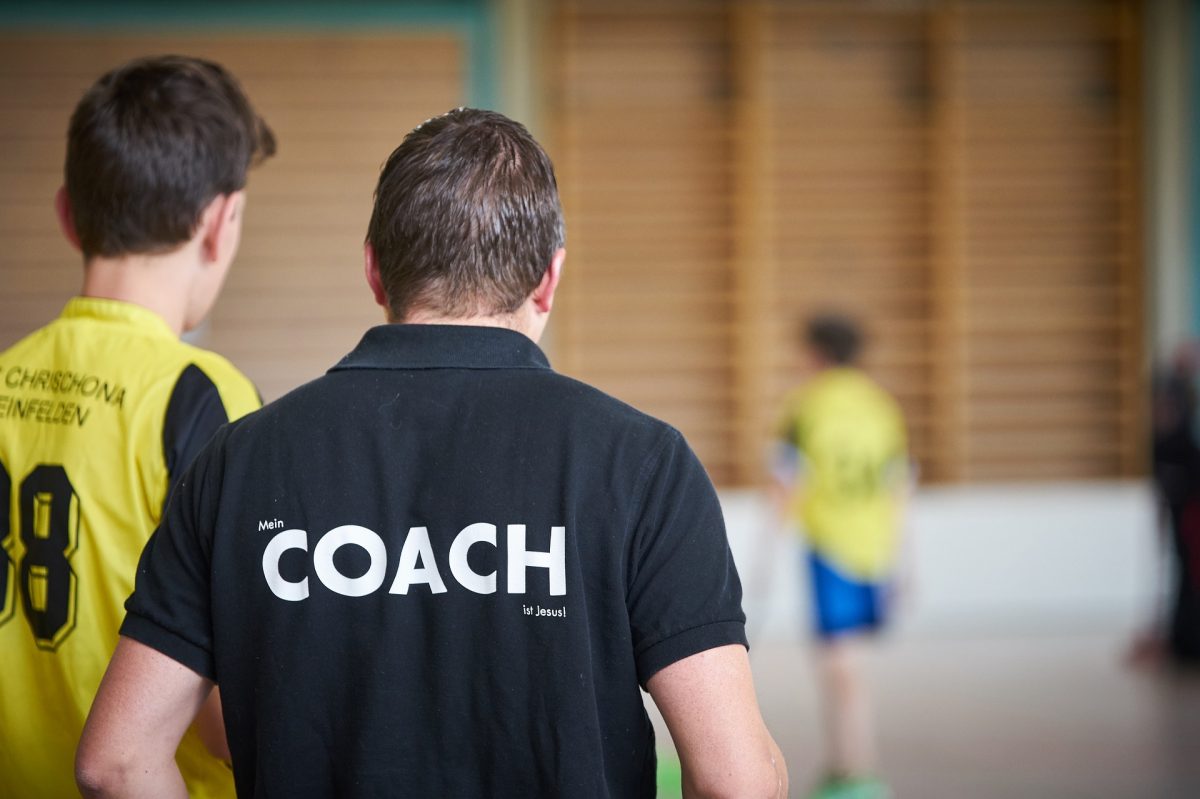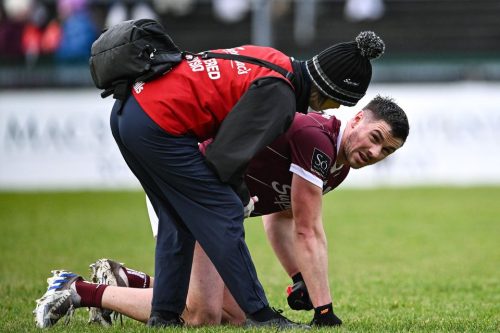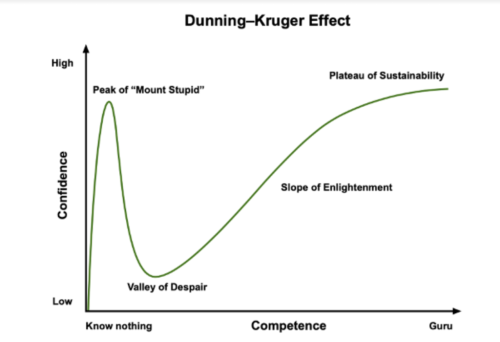
Kaizen in Everything. But Why?
“The only true test of intelligence is if you get what you want out of life.” – Naval Ravikant
For all the sports enthusiasts out there, it’s extremely likely that if you switch on your TV this weekend, you’ll catch a glimpse of a barrage of “experts” breaking down the athletic exploits on show. These experts are paid to analyse what’s happening and present their opinions to the public. This is an attempt to help the less-informed viewer to understand what is unfolding in front of them.
Sometimes they are former players, sometimes they are active coaches and more occasionally they are plucked from their day-job as a sports writer, or journalist, to verbalise their opinions for the public.
What becomes apparent quite early on, is that, as is the case with the sport itself, there most definitely are “levels to this game” as well. The best-of-the-best of the analysts have the ability to simplify the game in contrast to their peers. What they speak about and focus on may not always be incredibly apparent to the casual onlooker. However, after they’ve explained it, the viewer not only understands what their point of view is, but they also reckon they’ll be able to pass this piece of analysis off as their own, later on, down the pub.
The analyst that hasn’t a clue what they’re talking about also can be spotted from a mile away. This is because, instead of simplifying what is occurring on the field of play, they spend their time trying to impress the viewer with their vast knowledge about the intricacies of this incredibly complex game. This over-analysis usually comes as the result of insecurity. It is not uncommon that these analysts are the players that never quite achieved their full potential, coaches that possess an abysmal performance record, or an unfortunate individual that never played or coached the game at all.
The ones that see the game the clearest are often the cream of the crop in terms of both playing and coaching ability. They usually excel at these pursuits because of their ability to perceive what is happening and then present it to other people, in the form of simple and easily digestible language.

I’ve already talked about why communication and persuasion are the biggest assets a coach can have, but it can not be overstated how important it is to be able to present topics, scenarios and frameworks to athletes, in a clear and concise manner. Talking for the sake of talking will not be tolerated, and will lead to a reduction in credibility amongst a squad in a matter of minutes. People can smell your bullshit from a mile away.
The same thing that occurs when that overpaid and out-of-their depth analyst starts to speak, occurs on the training paddock. People disengage and just stop listening. This is absolutely detrimental amongst a training squad. The thing about dissociation and disengagement is, it’s absolutely contagious. Just try coaching a group of under-8s and you’ll see what I mean. If one of them deems that it is more fun to throw muck-balls about the place than to listen to you, then very soon you’ll be dodging a bombardment of mud and grass, as you try to simmer things down. Similarly, if one of them finds a worm, they’ve all found a worm.
Surely you can’t be attempting to compare an elite team-setting to a group of under-8s? Oh, you bet your bottom dollar I am. In a similar fashion, if someone has a story about last night’s antics down the pub, then everybody is keen to listen. It can be incredibly easy to lose a group’s attention, and incredibly difficult to then get it back.

This is why when coaching, it is important to not throw streams of information at your athletes. Some “coaches” might ask a player to perform a skill but tell them to focus on “keeping their arm flexed, shuffle their feet, focus on the ball, rotate arm with ball in grasp, hop the ball in front of body, keep eyes on defender, drop right shoulder, push off left foot, redirect hips and pass ball whilst kicking through it and focusing on forefoot contact”.
How likely do you think it is that the player will then execute the skill to the coaches liking?
How much of that information will they be able to process in real time?
How far into that self-important monologue do you think the player will stop listening?
I’m exaggerating of course, but there is not one person on planet earth that can focus on that amount of information at one time. From experience, it is rare that an athlete can retain more than 2 pieces of information at once. Rarer again that they can execute both of them effectively at the same time.
That is why a good coach is able to condense their cues for a movement down to 2-3 important points. The rest are absolute rubbish and only serve to show off how much the coach knows. They do not help the athlete in any way to achieve the desired outcome. And what is the role of the coach after all? It is to guide the athlete to achieve a desired outcome. It is most certainly not to be a self-important vacuum of information.
Good coaches simplify. Simplification allows players to know what to focus on and understand how to execute a skill more effectively. In the world of coaching. it is not about how much information you know. It is about knowing what information to focus on.

This rule of thumb can be transferred across all coaching pursuits. In the realm of sport coaching, how many athletes on your team can say that they confidently understand the game-plan. And if you asked every member of the team what the game-plan was would you get the same answer from everyone? If not, then that means that everyone on the team is not on the same page. And if everyone on the team is not on the same page, then it is much more likely that there will be confusion on the field of play.
How can a team execute effectively if everyone has a different plan in their heads? Do you think that any member of Seal Team 6 was unsure of what the plan was when they rescued Captain Phillips? What about when they executed Osama Bin-Laden?
Now it may be inappropriate to use examples of counter-terrorism to convey my point, but at the same time, we often look to the Navy Seals to demonstrate what effective and ineffective communication looks like. However, I am aware that it is an extreme example, given that if their communication is ineffective, someone usually dies.
I am absolutely not comparing war to sport. The two could not be more different. But if we use the principle of “learning everything you can, everywhere you can, from anyone you can”. Then I think a lot can be gleaned from military operations. That is where communication matters most, so it is no surprise that peeking inside their world, is often a lesson in how to keep it simple.
What you focus on, and how you deliver it matters. The sooner you understand that. The sooner you will achieve understanding from other people.
Keep your coaching cues simple. Keep them concise. And keep working at making them clearer and more digestible.
If you can’t sum it up in one sentence, then you likely don’t understand it all that well.

“The only true test of intelligence is if you get what you want out of life.” – Naval Ravikant

So, we can see that when it comes to our training, a certain volume of work when paired with adequate recovery is positive for our development, but if that same intensity of work is mismanaged and spiked, then the same exercise intensity can be toxic to the athlete.

Unfortunately, it takes a fall from the peak of mount stupid, on top of the Dunning-Kruger curve, for many of these lessons to land home.
Here to help you achieve your health and performance goals.
At Petey Performance, I’ll assist you every step of the way. What’s stopping you?
Take ownership today.
© 2021 All Rights Reserved
Subscribe to Petey Performance and get updates on new posts plus more exlusive content.